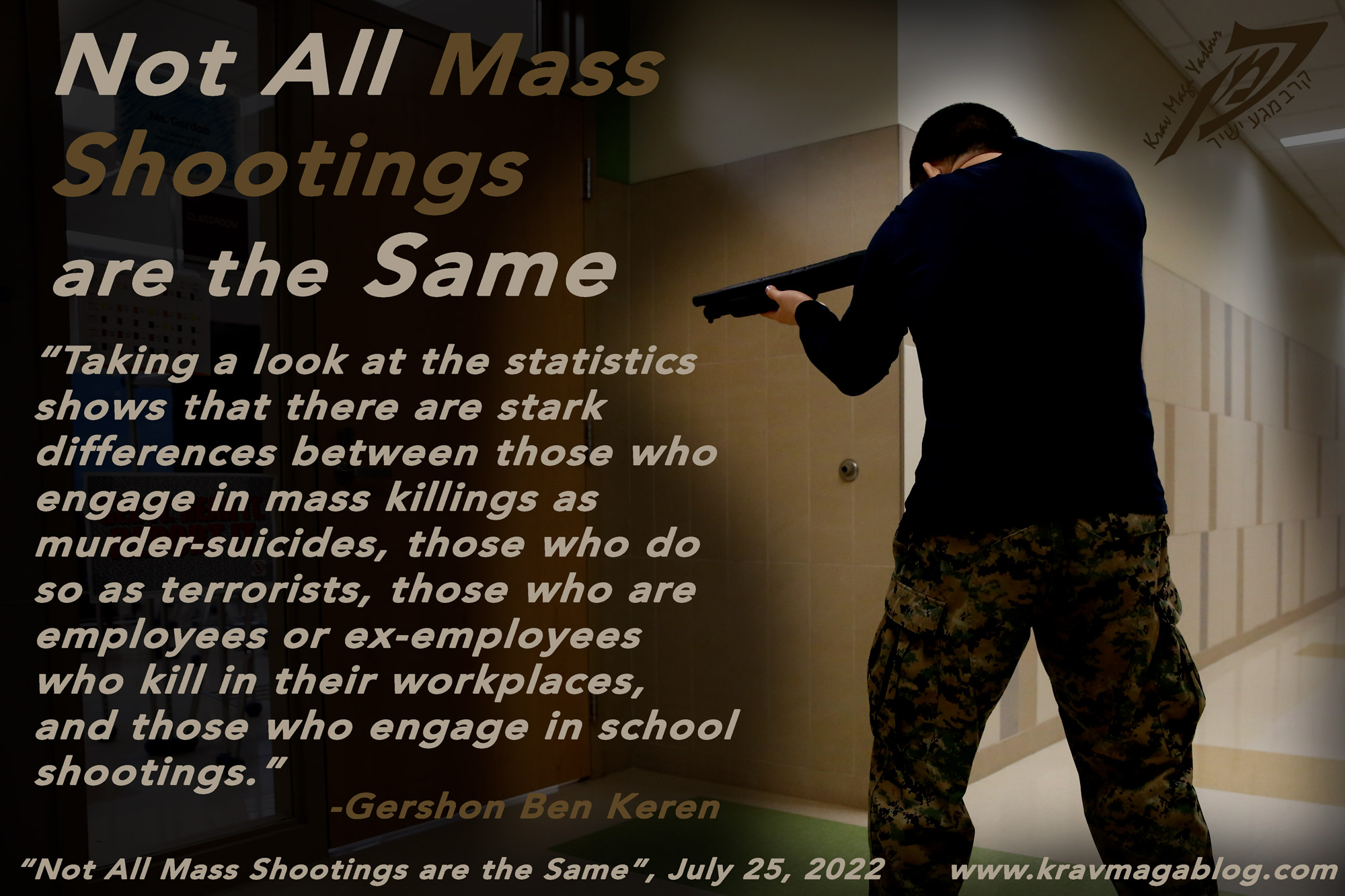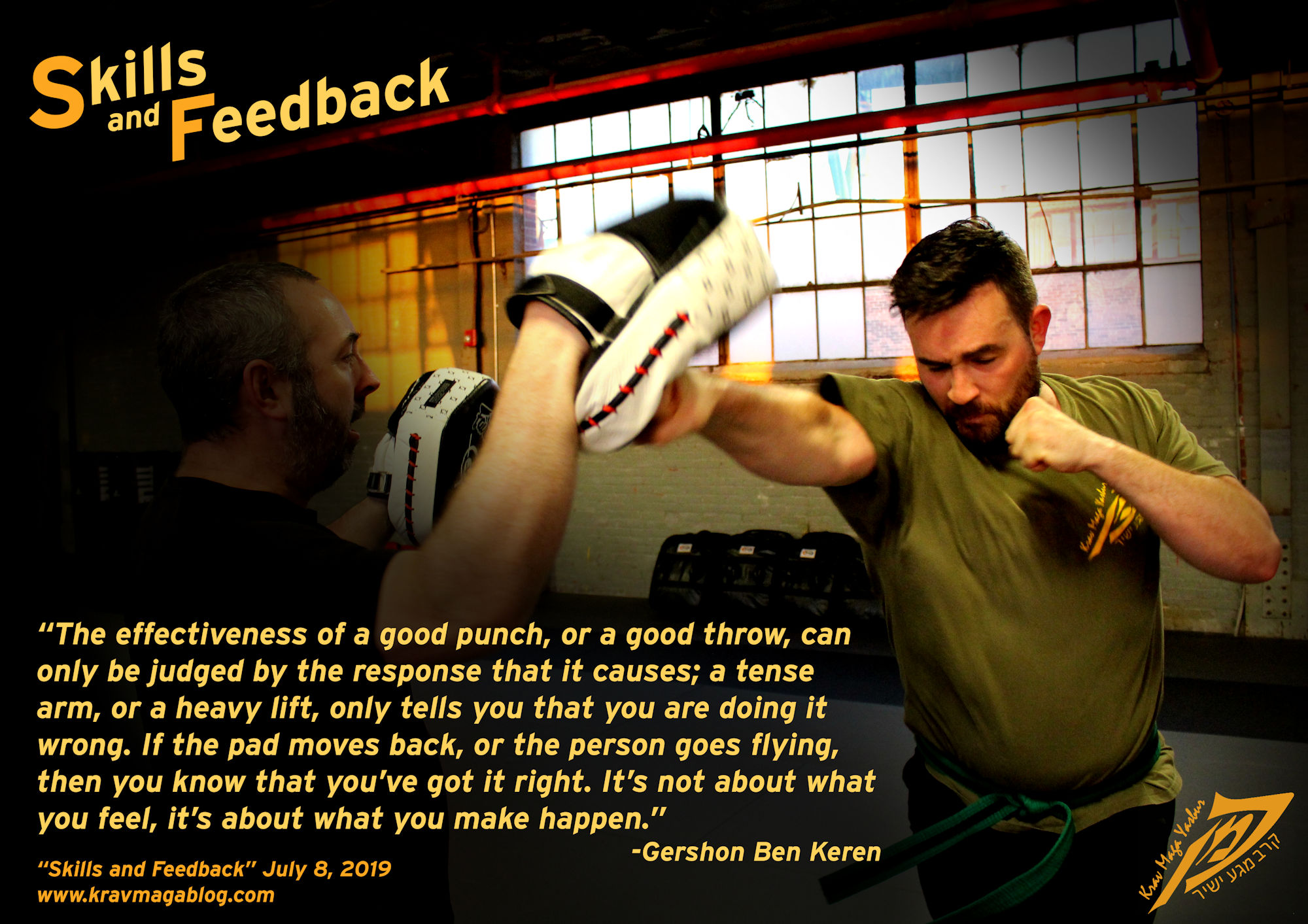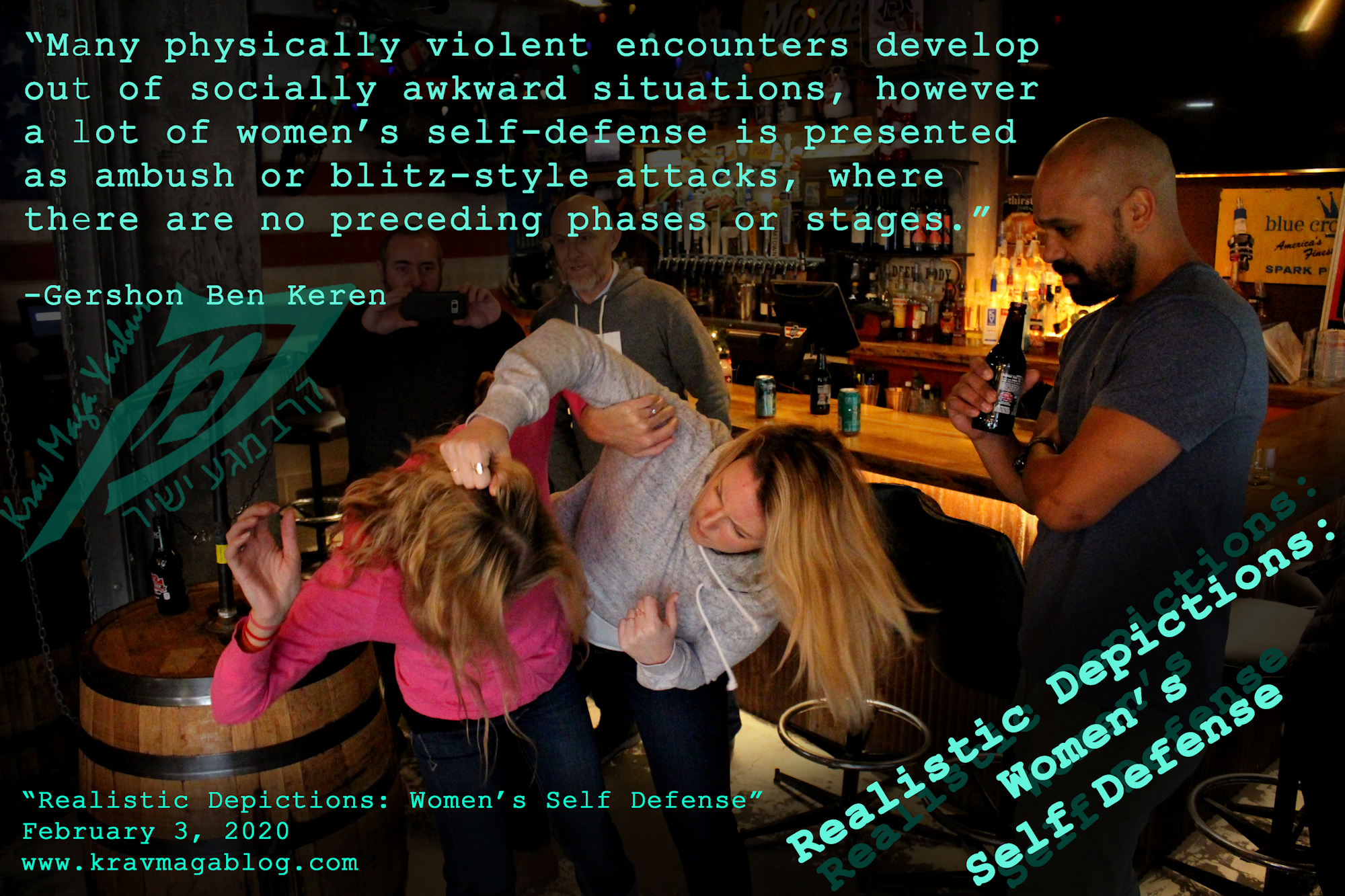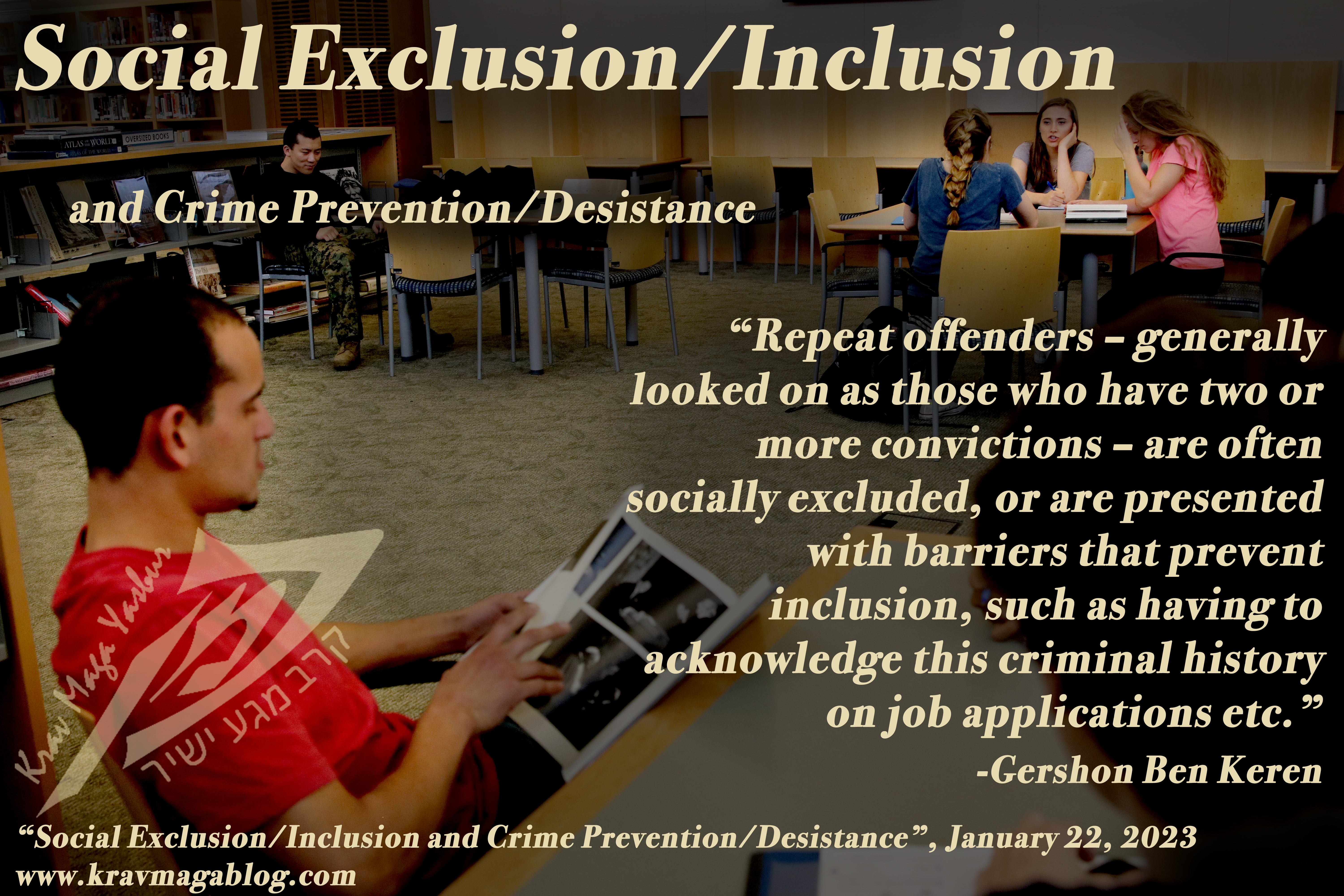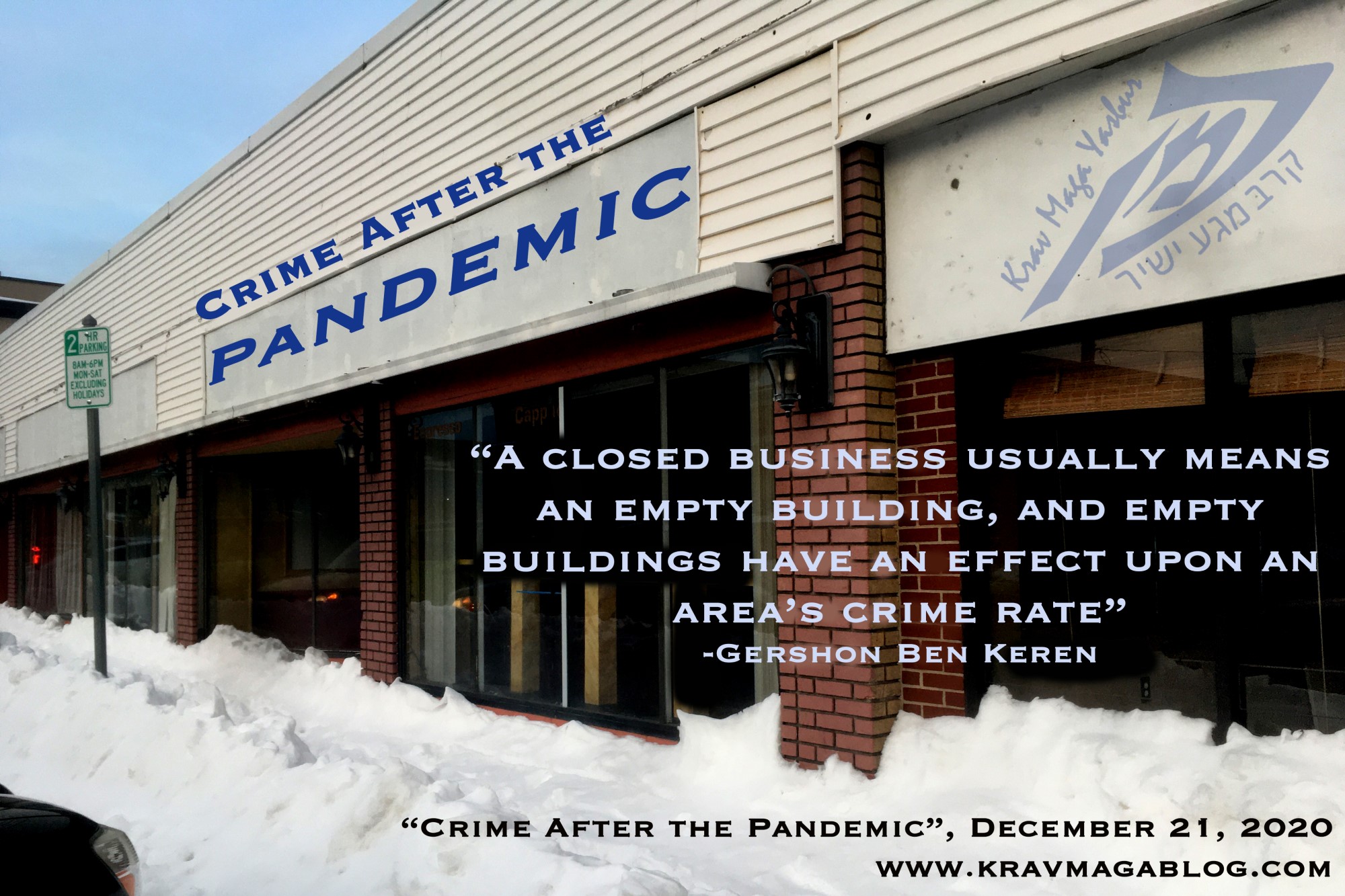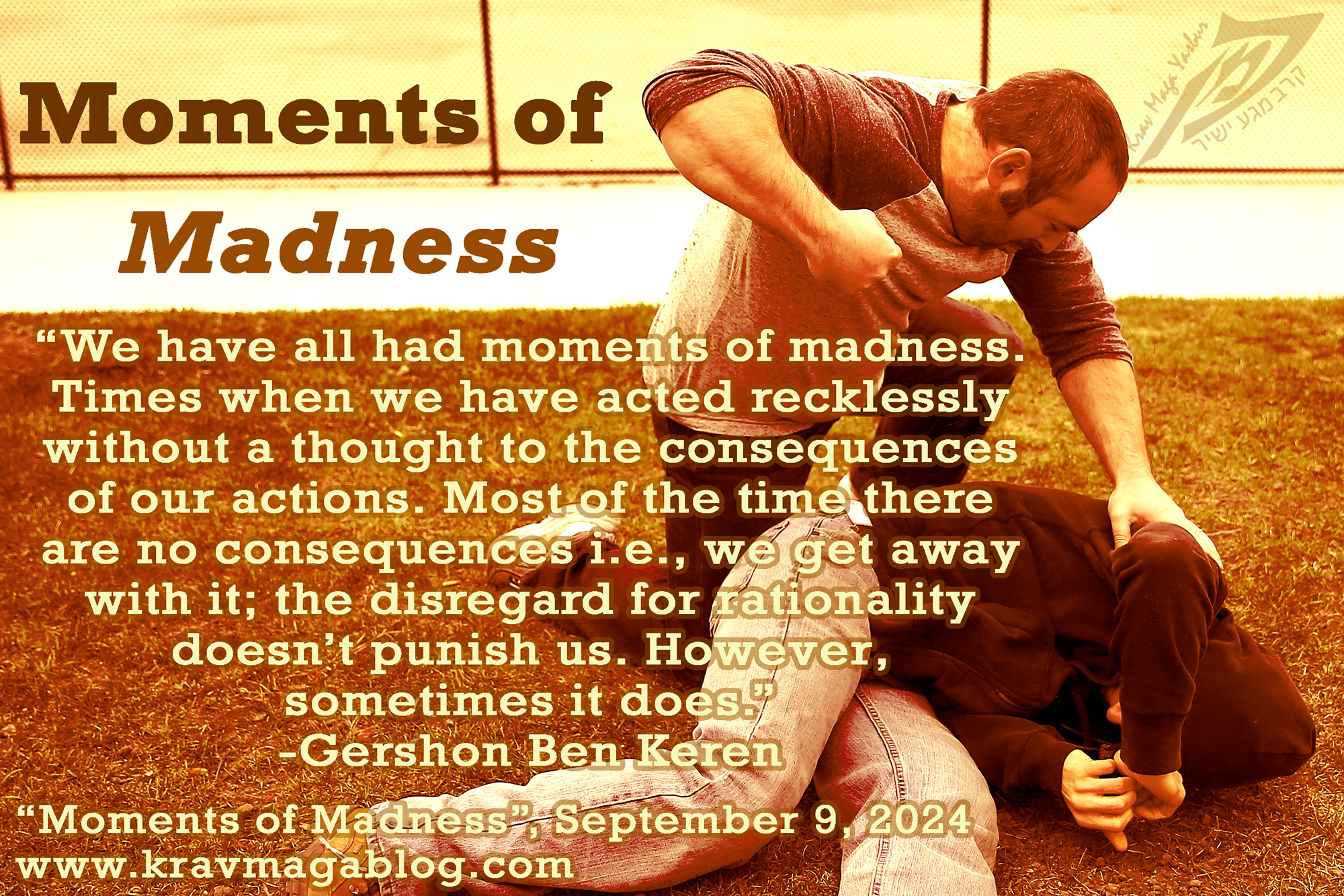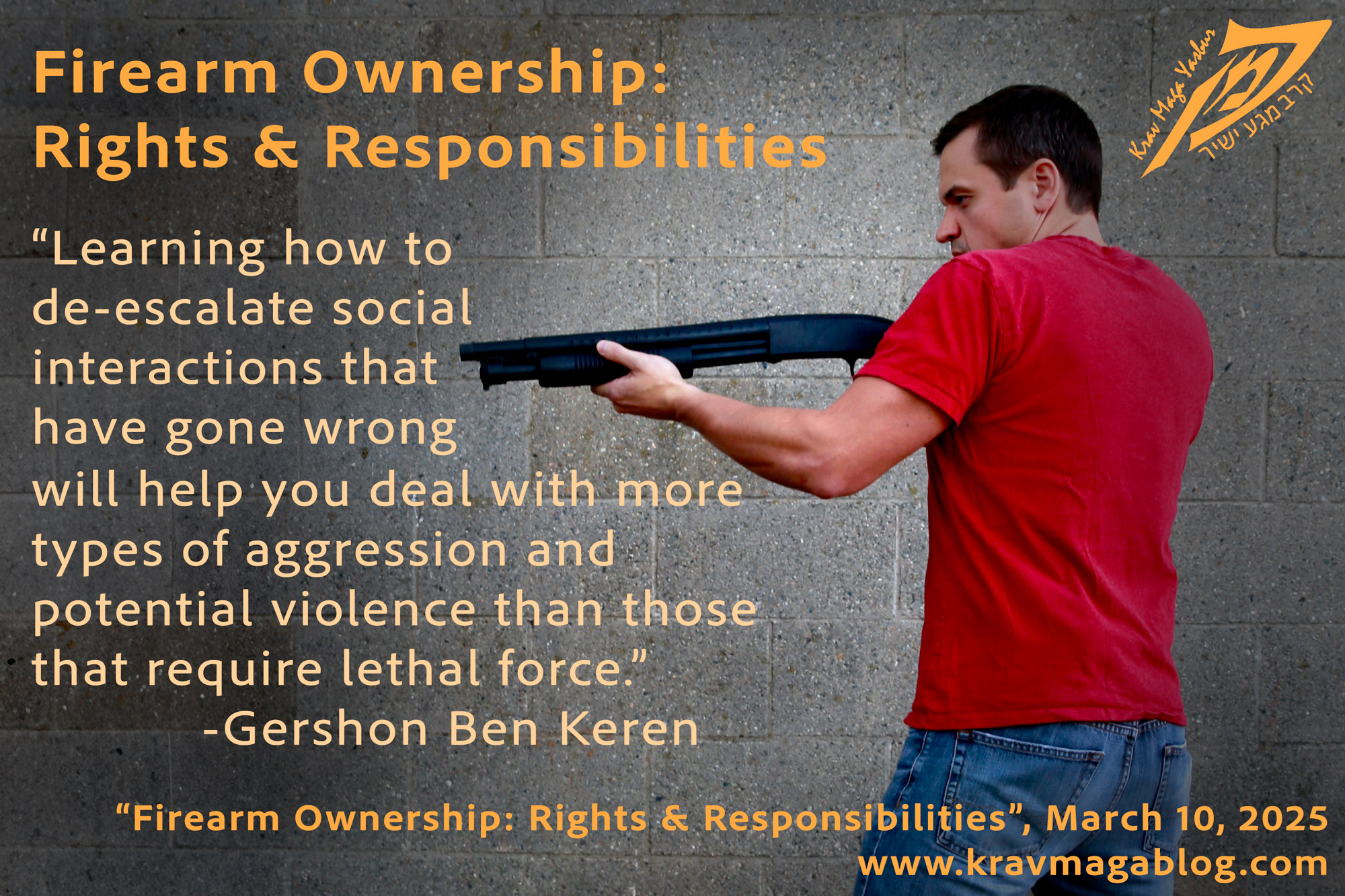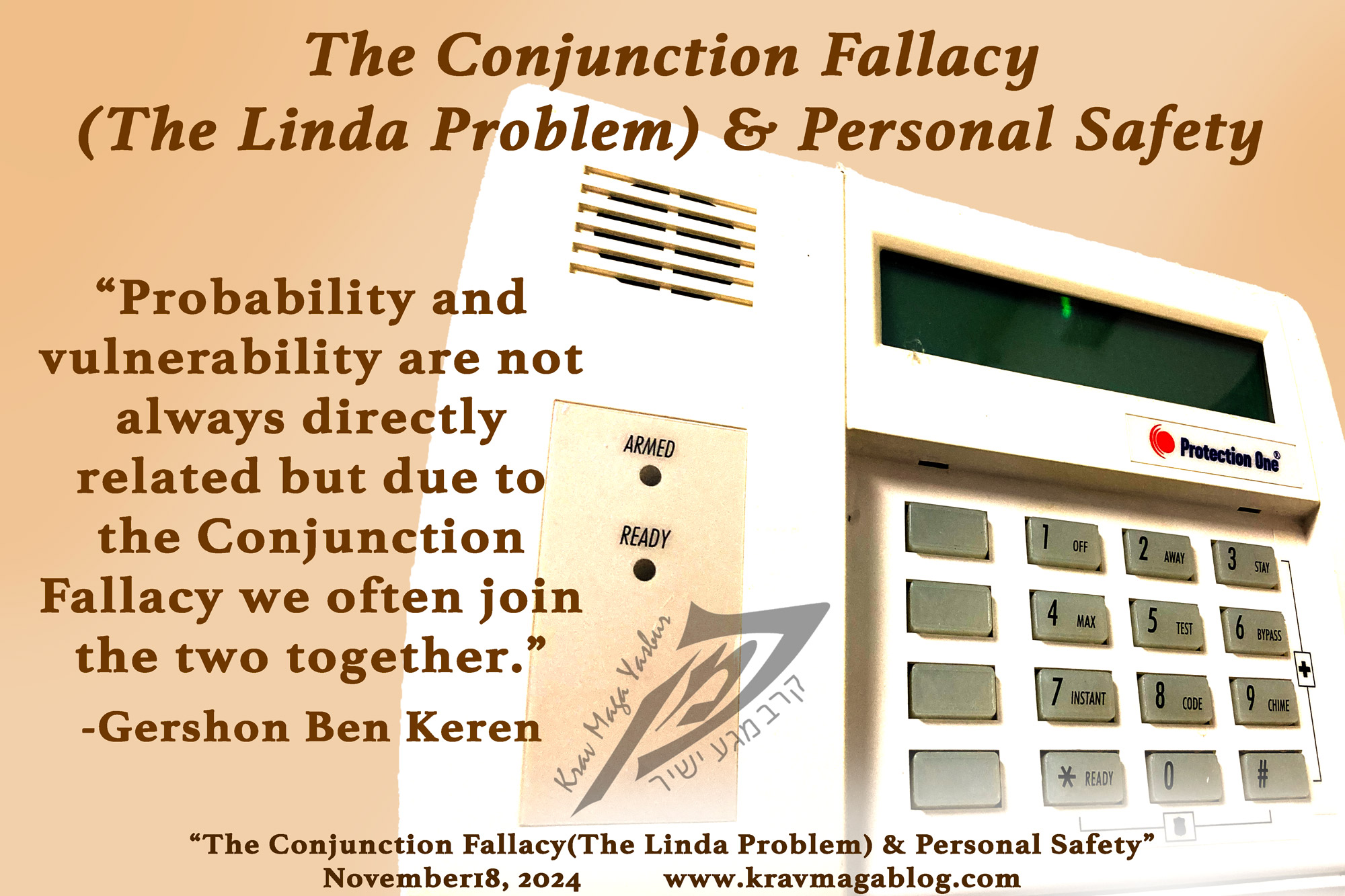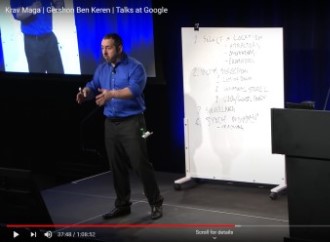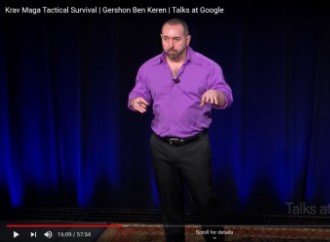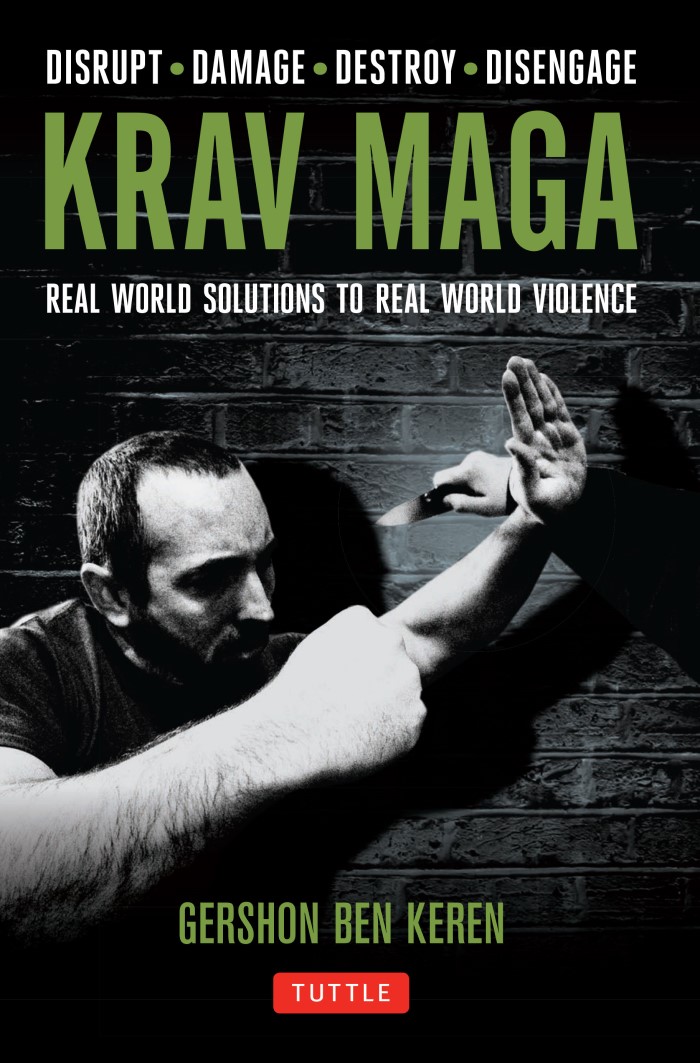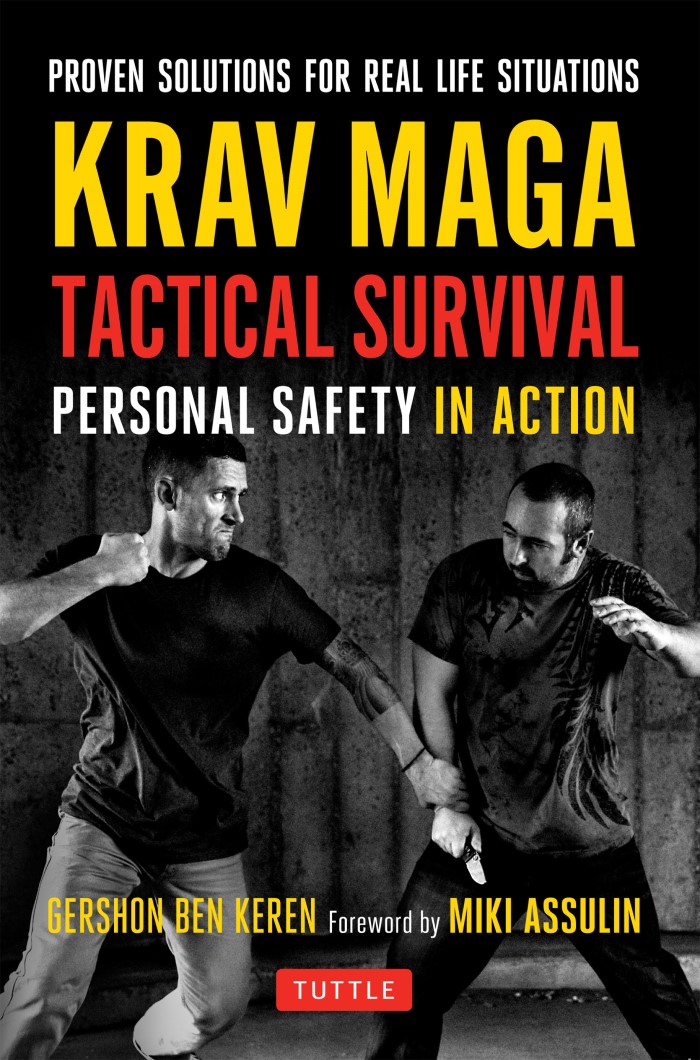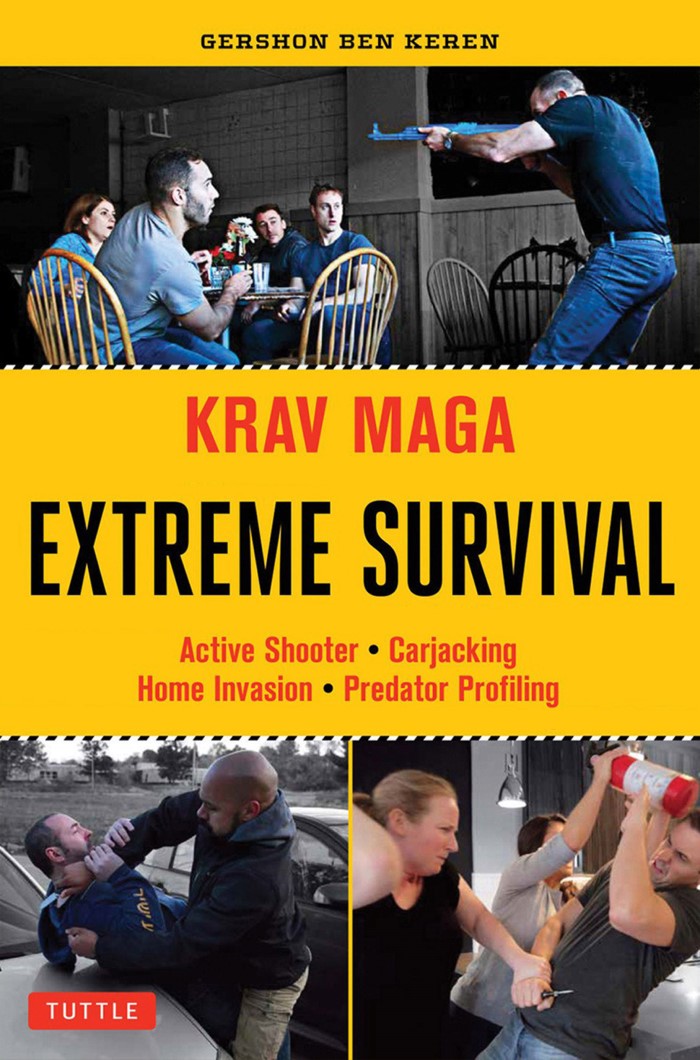Moments of Madness, is an article written by Gershon Ben Keren, a 5th Degree Black Belt in Krav Maga, who teaches Krav Maga in Boston, MA. He has also authored three Amazon best-Selling Books on Krav Maga.
We have all had moments of madness. Times when we have acted recklessly without a thought to the consequences of our actions etc. Most of the time there are no consequences i.e., we get away with it; the disregard for rationality doesn’t punish us. However, sometimes it does. A reaction that we have in the moment comes back to haunt us. There is unfortunately a long litany of “one punch killers”, who never intended to cause the death of another and yet this was the result of their actions. This doesn’t mean that there aren’t those who had a killer’s instinct and delivered a killer’s blow intentionally/semi-intentionally with one punch, such as Daniel Pickering, who killed Matthew Thomas (2022) when he was out on bail and had been drinking all day, as well as having purchased and consumed roughly $800 of cocaine, but rather there are those whose lifestyles and previous behaviors didn’t indicate or predict that their actions in the moment would result in a homicide etc. In 2016, Alexander Thomson killed a friend, Thoms Hulme, after Hulme as a joke threw his friend’s shoe out of a taxi window. In what was described as “horseplay”, Thomson fatally punched Hulme from the back-seat, through the head rest of the car, with the unexpected blow causing a sub-arachnoid hemorrhage. Whilst Thomson didn’t intend to kill his friend, was remorseful and pleaded guilty in the 2017 trial, he was sentenced/jailed for three years. There are “moments” and then there are “moments” preceded by other “moments”, and when this happens things can appear more premeditated than spontaneous, even when a person acts out of “character”.
When examining such events there are two ideas/principles that should be borne in mind. One is the “Potato Chip Principle”, as described by criminologist, Richard Felson, and the other is an idea that psychologist Judith Harris put forward in the 1990’s to explain why “good” kids, do “bad” things. Felson looked to explain the pathway that people took when committing offenses, which he explained/described by the way that people ate potato chips i.e., they never just ate one. You start off, maybe telling yourself have one, then you eat another and another, and find yourself not being able to stop eating them. He explained certain offenses as being committed in the same way; you start by having a drink, you talk to people who explain how easy it is to steal a car, you have another drink, someone describes a car outside the drinking establishment that would be easy to steal, another person says that they know someone who would buy it for parts, you leave said establishment, and find that someone has swiped the owner/driver’s keys from the table etc. You didn’t enter the bar/club with the intent of stealing the car but bit-by-bit you have found yourself thinking about it and now have the ability to do so. Harris, put forward a theory of social conformity to explain why seemingly “good” kids do “bad” things i.e., act out of “character”. She observed that children brought up in households where morality and politeness were core values would learn to say “please” and “thank you” etc., would conform to these norms, however if they found themselves in social settings and groups where swearing and being obnoxious were the de-facto ways of behaving they would adopt these; whatever the group demanded or expected – whether good or bad – they would adopt these behaviors.
On the 6th of September 2024, an Ashland (Massachusetts) doctor- Jaquelyn Starer - was fined $4000 and sentenced to nine months in prison on a number of federal charges (both felony and misdemeanor) for assaulting a police officer in the January 6th, 2020, Insurrection in Washington, disputing the election that saw Joe Biden come to power/office. Starer gave up her medical license, pleaded guilty and apologized for her actions e.g. punching a police officer etc. For many of us it may seem ridiculous/unbelievable that a 70-year-old woman would act in such a violent fashion. We may understand why she would go to a rally to protest something she was against regardless of the facts, but why would an educated woman storm the capitol and engage in an act of violence, that “rationally” she clearly knew was breaking the law? Part of it is the potato chip principle i.e., one act leads to another, and another part is normalization and social conformity; everyone else is acting this way, and so I’m supposed to as well etc. However, there is a third component that explains such actions/behaviors.
For a long while, criminologists believed and accepted that Lebon’s explanation of crowd behavior and rioting was correct e.g., that Jaquelyn Starer, lost her identity to that of the crowd; she was overcome by the emotion and who she was as an individual was taken over by the group – ultimately, she wasn’t responsible for her actions. Whilst this theory was useful for 19th Century aristocrats in France to convince themselves that mobs were emotional irrational entities that shouldn’t be taken seriously i.e., the elite(s) were in the right and justified to maintain their position and any questioning or challenge to this was simply emotional, we now understand rioting and crowds much better. People don’t lose their identity in a crowd, they find it. Dr. Jaquelyn Starer had/has her own personal identity, however on January 6th she found/discovered/explored her social identity. She found and identified with a group and acted as part of it. She may always have searched for this part of herself – a sense of belonging that may have come from never feeling part of something- and that the high emotions that were running on January 6th, made her feel part of something bigger than herself, or that she simply felt at home amongst the mob she was part of. Either way, we should not be baffled as to why an educated person found themselves engaging in a “moment of madness”.
